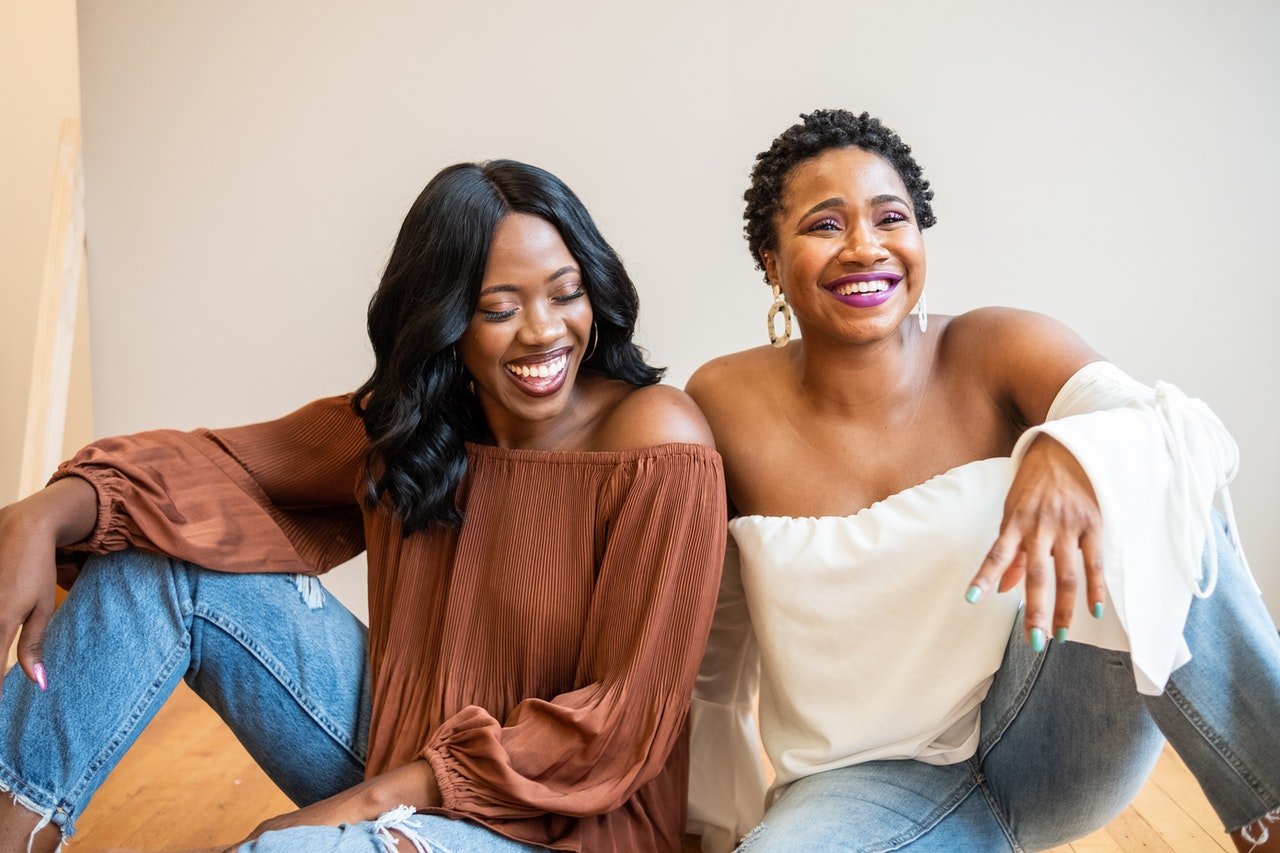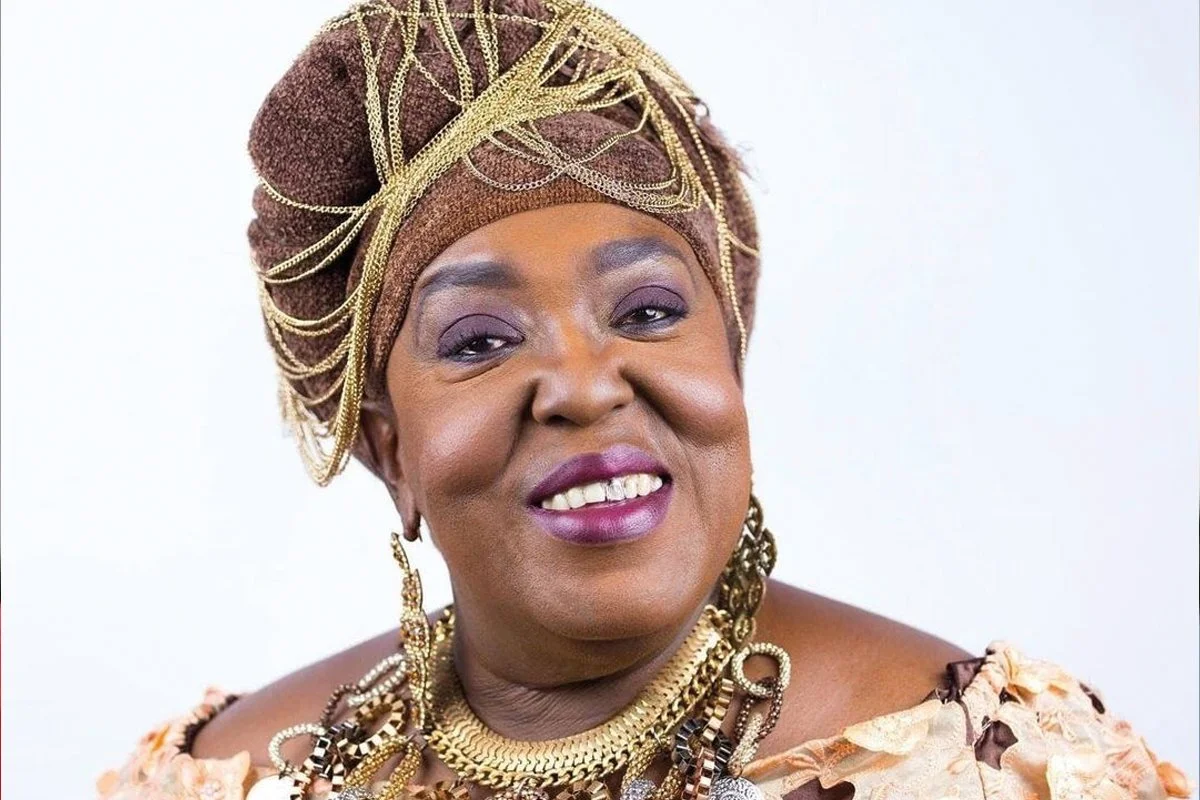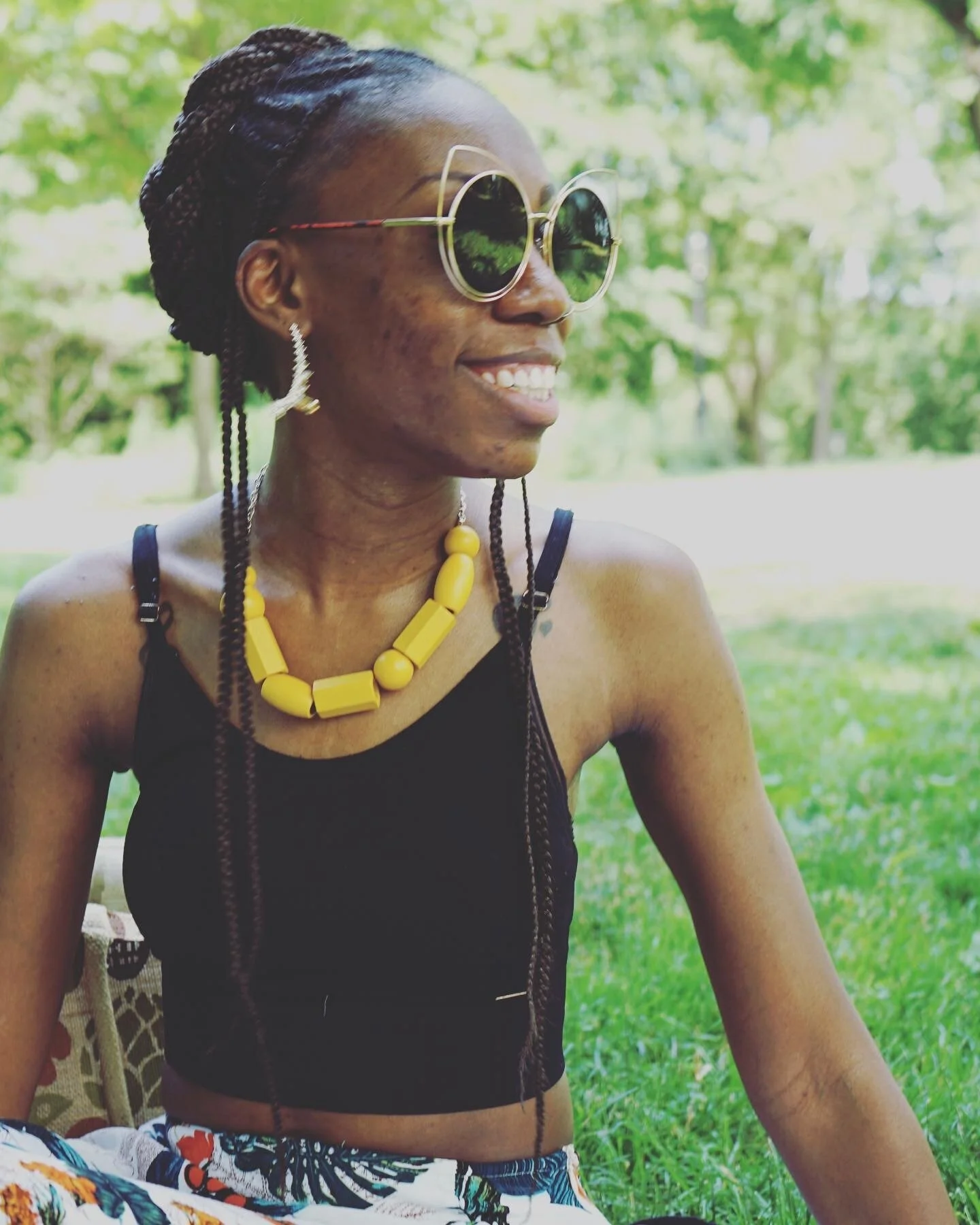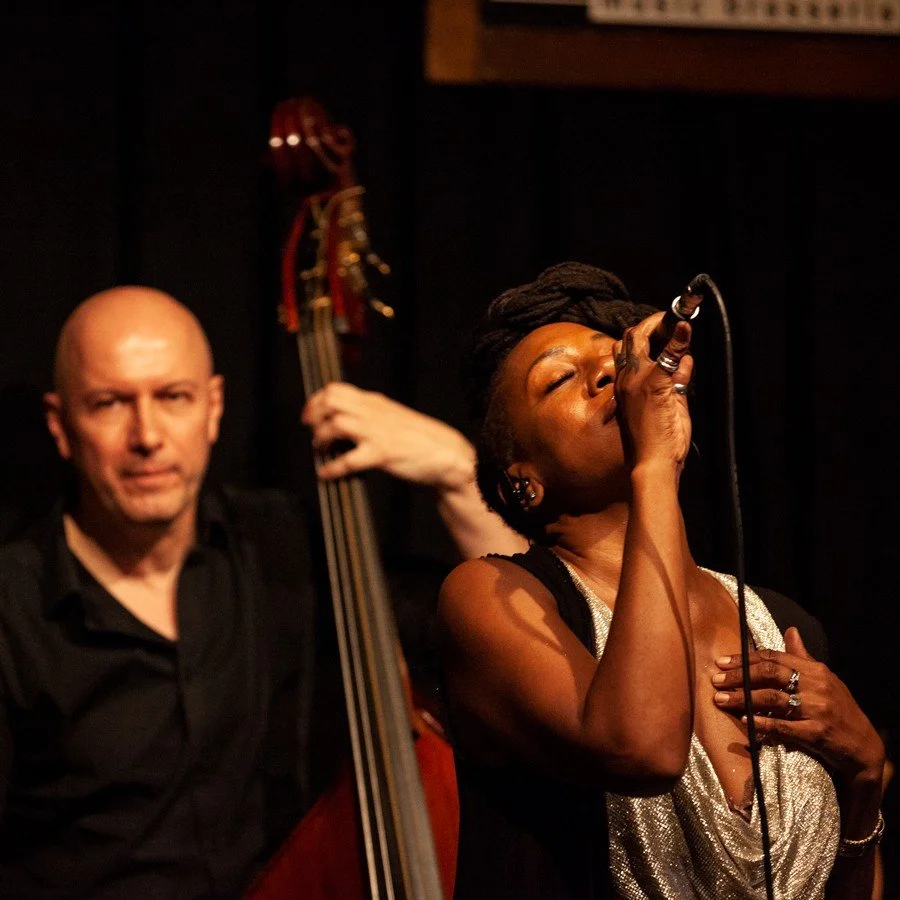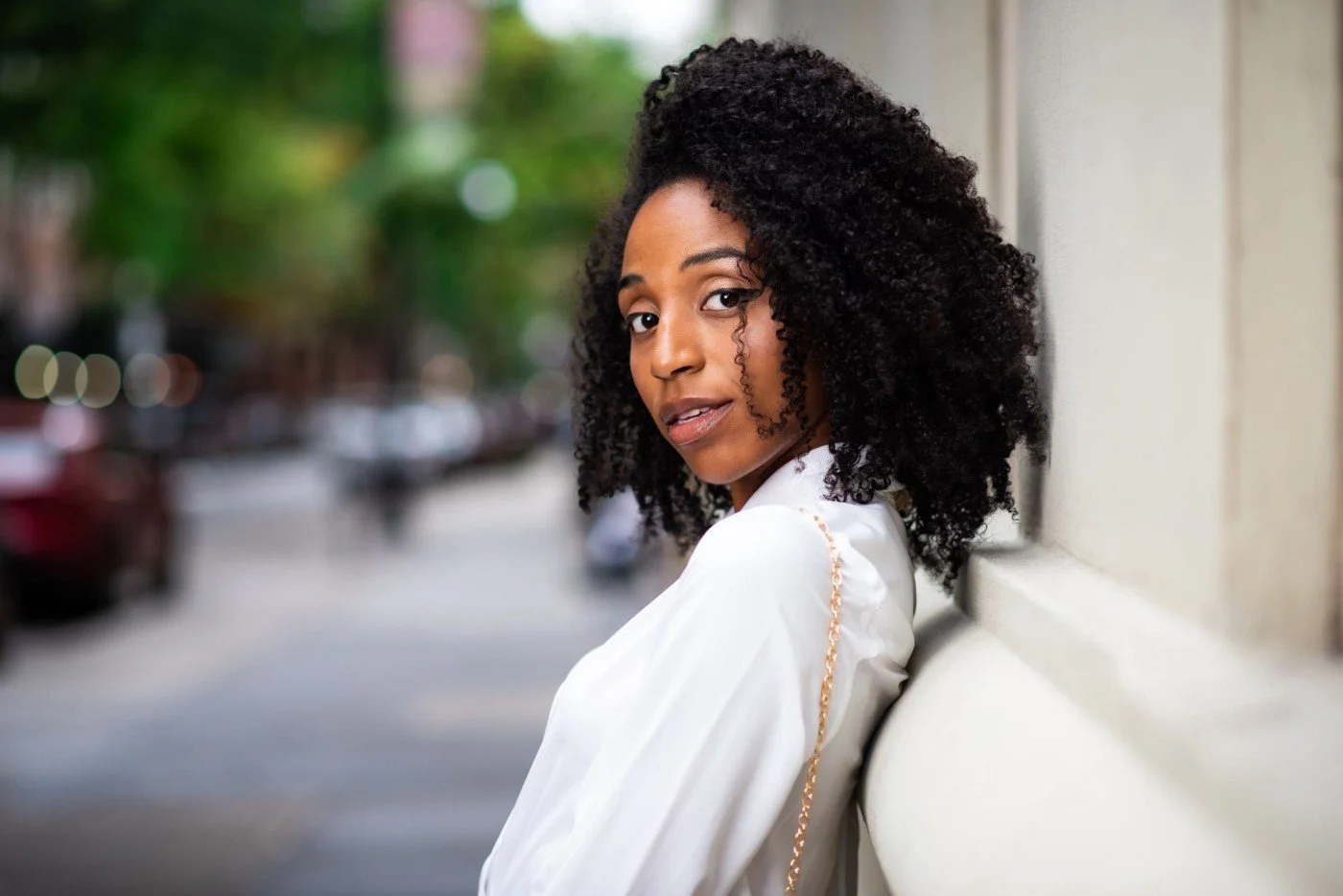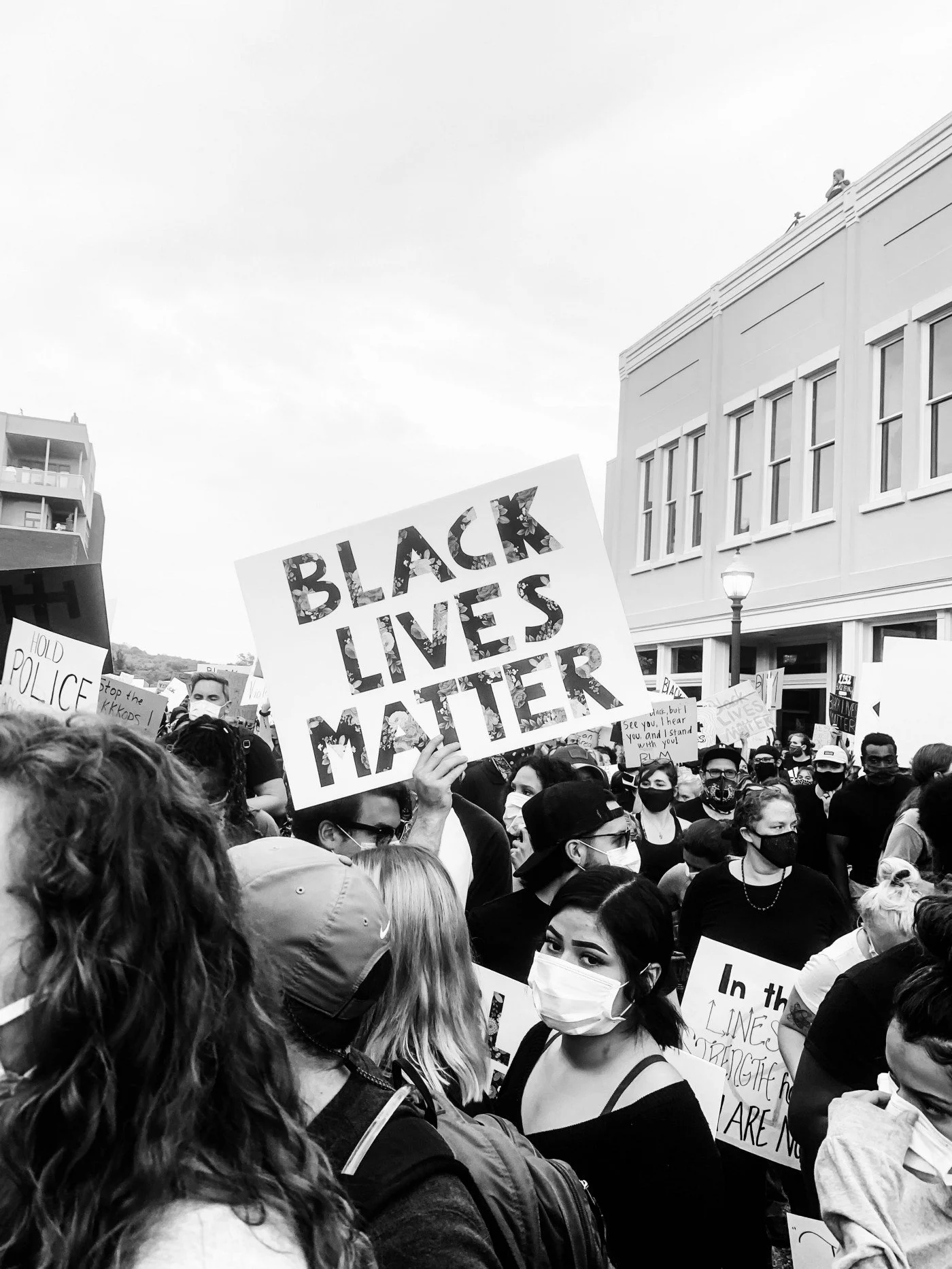The Moon Told Me He Saw You
“I was never the kid that waited for summer,” Mama said, “I had nothing to look forward to. No lavish vacation or trips to the beach. Most of my summers were spent inside the house watching someone else’s child. And when I got old enough, my summers were spent working; slaving at a job that never gave days off.”
This was how she always began the story about how she met my Daddy. The greatest summer of her life, she would say.
“Thank God for summers,” I’d always reply. They’d been my favorite. Summer meant love. What was better than love?
It’s like how the rain revisits the Earth because it misses its touch. Or when we reread books or wear our favorite sweater. We just want to remember the feeling of joy. To feel something warm when everything around us has frosted over. To remember what it feels like to love because, sometimes, we’ve forgotten.
Oh, what I would give to hear my Mama yell after me on Saturday mornings, “Be back before dinner!”
I’d be halfway down the block before she even made it to “before.”
The swings cried for me as my bike's handlebars hit the ground, and were so kind to me until I fell. The scar above mine and other little Black girls' knees knew that story all too well.
The park became my sanctuary after my Daddy died. I didn’t feel him at that hole in the ground, the stone marked with his name. And oddly, I didn’t feel him in the house we shared for fifteen years either, but I did feel him at the park we used to go to.
“Push me higher, Daddy! Higher!”
“Okay, but not too high. Can’t have my princess flying away.”
“Princesses don’t fly,” I said, gripping the chain a little tighter in case it was true.
“Special ones do.”
I quickly looked back and saw him smile. It was the best one I remembered.
Daddy had a way about him, a charm I never possessed. He was everybody’s favorite man, but I was his favorite girl.
I sat, swaying back and forth in the swing. My feet never left the ground. I pushed my head back to feel the wind tiptoe through my braided parts. It hangs there as the chilly weather molds my fingers to the chains. I hear the cars roll past then honk aggressively at the stop sign.
My Mama always told me I learned to drive before I ever got behind the wheel of a car. Most days, Daddy would follow me in his car while I rode my bike. Sometimes I’d beat him, but then I’d get stuck at a crosswalk when he had a green light. It was never a confirmed race, but we were sure to let each other know who won.
I haven’t swung on a swing since the day my Mama picked me up from school in the middle of second period. I never went home early; my Mama would never allow it. She volunteered me every summer to help teachers clean out their classroom and redecorate in August. I’d never seen Mama drive over 45 mph. The windows weren’t defrosted, the car was loud, and I could see my breaths. She hadn’t heated the car up before she left the house, something she always yelled at my Daddy for not doing. The radio played static. I reached to turn the knob to change the station and she quickly swatted my hand away, turning the radio off completely. We pulled up to the hospital and the valet took our car. I wasn’t sure why we were there and she didn’t tell me, so I grabbed everything—my hoodie, my bookbag, and my uneaten lunch. She ran through the revolving doors. It was the fastest I had ever seen her move. I struggled to keep up with her. I kept quiet and followed until we stopped at a room. Five people are in and out before we make it to the doorway.
I dropped everything. For a moment I couldn’t breathe. Maybe they should add another bed, lay me on it and hook me up to some machines because this couldn’t be right. That couldn’t be my Daddy. But it was.
Lifeless and patched up. I barely made it through the door. I couldn’t move. I think maybe these hospital floors will be kinder than the park’s concrete. Maybe it won’t hurt as bad if I pass out. Anything would feel better than this.
A doctor pulls my mom outside the room and I slowly walk over to the chair she had sat in. Unlike the bed he’d been lying in with sheets that crinkled under the weight of my hand, it was nice and toasty, warm and inviting. The last thing anything in the hospital should be. It may have been the warmest thing in the room. The machines beeped and cried the sounds I couldn’t. The room was so dark. The only light coming from the inaudible TV on the wall. I walked over to the window to open the curtains to let some light in, but the sun was nowhere in sight. Seems the clouds released the tears my body had forgotten to produce.
My Daddy’s hand was bandaged up. His eyes didn’t flicker when I touched him.
I wait, not knowing what to do. I pull my hand back slowly not wanting to touch anything too hard. I reach in my bag for my black marker and begin to write on his bandages.
“The moon told me he saw you—” I heard my mother yelling at the doctors. I move closer to the door to hear the conversation clearer.
“You have to do something! Run some tests! Does he need blood? I can give him blood.” Me and Mama have the same blood. O-negative, or something.
“Ma’am, there is nothing we can do now but wait.”
“Wait for what? For him to die?” I heard her voice crack.
I heard footsteps getting closer and I hurried back to the chair that returned to its frigidness. My mom returned to the room wiping her eyes.
I picked up my marker to finish my message when the machines went crazy. I swore that this only happened in movies, a cue to tell the actors what to do next. But this was real.
I panicked. We screamed for nurses, doctors, anyone.
“DADDY! PLEASE DON’T LET MY DADDY DIE.” I screamed, as I’m pushed out of the room by nurses and doctors. “DADDY!”
We had to sit in the waiting room. The vending machine didn’t work, and took beatings from guests who had been waiting for hours without nourishment. The receptionists' nails were too long to type, clanking backspace four times after every letter. So, we watched the news. They talked about my Daddy’s crash. They said it was an accident. The man hadn’t been paying attention. Ran him right over in the middle of the crosswalk.
My Daddy never did nobody wrong. Always helping other people. Even pushed the little girls who didn’t have daddies. He didn’t deserve to die.
But that day he did.
After the funeral the house was quiet. As weeks went by, people stopped leaving food on the porch or coming by for tea. Just me and Mama. She stayed in bed most days. I wish she’d leave so I could hide in his closet, snuggle up in one of his sweaters. Maybe it will smell like him. The house smells stale, not like yummy snacks and dinner. Like empty space. It’s amazing how much space one person could fill. Amazing how we don’t realize it until they're gone. I see the bag from the hospital on the dining room table. It was a small clear bag with a blue drawstring with his last name written across the front in black permanent marker. It hadn’t been opened. They said it was everything from the scene—his wallet that we got him two birthdays ago, his favorite cap, and a velvet box and card. The envelope was ripped already and there were hearts on the front of the card with glitter outlining each one.
Never stop being you.
I love you soooo much.
Love, Daddy
My hands shook while gripping it tighter, holding the card as if it, too, would disappear. I set the card gently on the table and picked up the velvet box.
The moon told me he saw you. My little shooting star was the inscription on top of the box. I feel the air escape my lungs again and I return to a hospital room, a different one. This time, I am eight years old.
I broke my arm jumping from the swing. I’d jumped so many times before and the woodchips always cushioned my fall. This time the cushion was not enough. I cried for hours. It was the worst pain I ever felt in my life. When the doctor came back with the X-rays to show Mama exactly where it snapped, she cried like she was the one injured.
By the time Daddy got there, I was already wrapped up and ready to go. I chose a pink cast, my favorite color. Daddy brought me a teddy bear with his arm wrapped too. He laughed when I told him how I broke it.
“I already knew,” he said, pulling a black marker from his back pocket. “The moon told me he saw you. My little shooting star.”
Those were the only words on my cast until I got it off.
That day, he was out shopping for me. “He died shopping for me,” I thought and finally the tears came.
“TOOK YOU LONG ENOUGH!” I screamed at my body. I threw the box across the room and watched it crash onto the floor.
If my knees could come any closer and my ball could get any smaller, they would. I felt so insignificant without him. Insignificant compared to a star. And my moon, my Daddy, felt so far.
I picked the box up and went straight for my bike.
If summer was love, that year was the last time I felt it. I tried to feel better. To take in the sun as my therapist suggested. But I’d rather stand in a snowstorm than be reminded of all the things summer took away from me. All the things I could never get back.
That night, I swung for hours. It was the first time the streetlights beat me home. I took my bike to the backyard and hooked it up for the night. I pulled the necklace out of my pocket and put it on. I looked at the blackening sky and all I saw was the moon.
My Daddy couldn’t be a star; he knew I wouldn’t find him. He was definitely the moon. And on that swing, I felt like a shooting star.
Alexis Lawson is a poet, storyteller, daydreamer, and author of the poetry collection The Beauty in my Bare Bones (2019). Alexis received her BA in creative writing from Appalachian State University. She aspires to give readers the key to hundreds of worlds within a lifetime, and to give people who feel forgotten, overlooked, and not included in literature a place to call their own. Alexis intends to break the trauma troupe in literature and reinforce Black joy in narratives. Her work has appeared in Midnight and Indigo, Grown Magazine, and is forthcoming in a McGraw Hill textbook and ColorBloc Magazine. Follow her poetry, short stories, and everyday writer's life at @HerBlackHand.
Photo by Reba Spike on Unsplash


